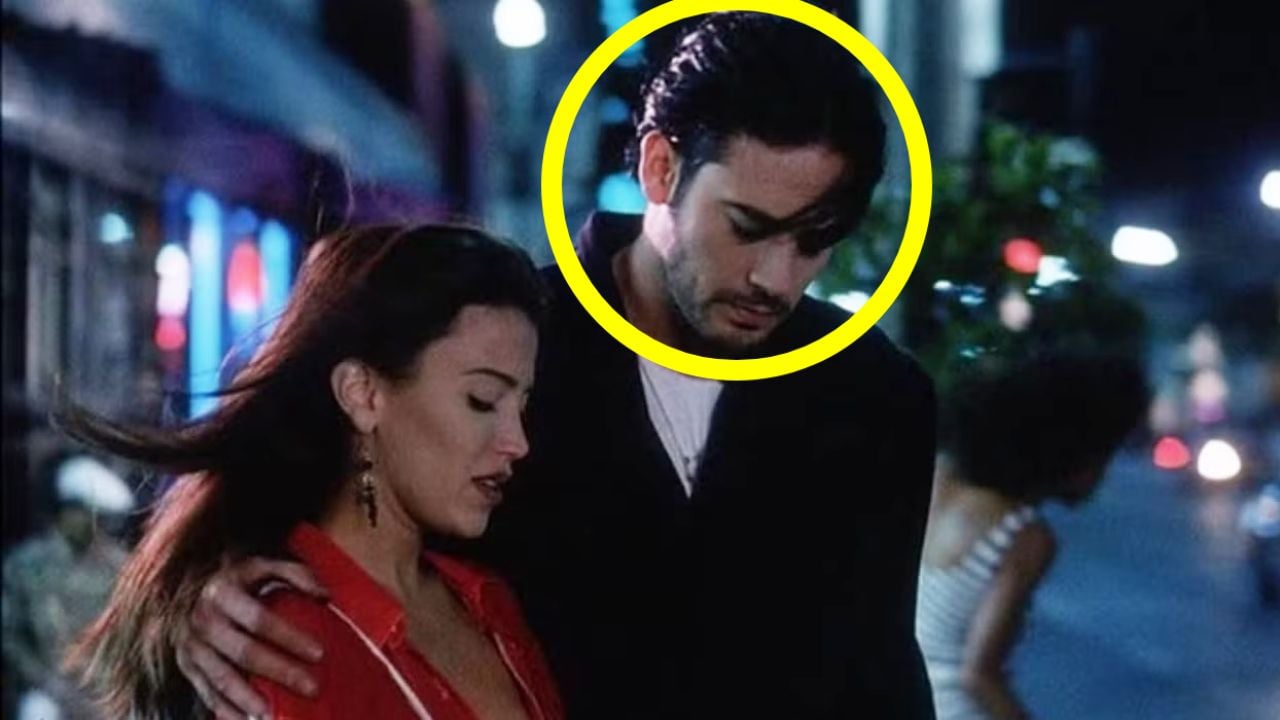Every time you can’t find your keys at home or can’t remember the name of your favorite TV character, it feels like your brain doesn’t work like it used to.
We are all used to thinking that as we get older, our mental abilities fade. However, the good news is that this is not the case.
Superstars and their superpowers
In 2021, a study was conducted of 330 so-called “super seniors” – seniors whose minds are as sharp as those 20 to 30 years younger. They were followed for 18 months, and at the end the scientists found no deterioration in memory or cognitive abilities.
This may show that a year and a half is a very short period, but there is a “but”: all the subjects were… over 100 years old! At this age, days literally count – for example, after age 100 the risk of developing dementia increases by 60% every two years, while after age 75 this happens in 25 years.
The temptation is great to attribute the abilities of the “super old” to genes, but 16.8% had hereditary prerequisites for the development of Alzheimer’s disease, but it never started. According to the researchers, this and the subjects’ RAM can be explained very simply – the point is what lifestyle they lead.
ADVERTISEMENT – CONTINUED BELOW
This is confirmed by another scientific work, which was described by neuroscientist and science popularizer Caitlin Gilbert. An international team of scientists has collected brain scan data from 101,457 people of all ages, creating a roadmap that explains how this organ changes over the years.
According to Gilbert, it turned out that the brain can change dynamically throughout adult life: it continues to have “silent synapses” – connections that form in large numbers in childhood and are activated to form new memories.
How to use these synapses? As you probably already guessed, for this you need to constantly learn something new. (By the way, that’s exactly what you’re doing while reading this article right now.) Now that you know that the brain doesn’t have to age, we’ll tell you how to determine its age.
Read also: How to Take Care of Your Brain: Every Woman Over 40 Should Know These Rules
5 Questions to Determine Brain Age
According to Mark Milstein, British neuroscientist and author of The Aging-Resistant Brain: New Strategies for Improving Memory, Maintaining Immunity and Fighting Dementia, we need to ask ourselves the following questions.
- Executive Operation: How do I manage my day well? Do I have scheduling problems? Do I have trouble doing everyday tasks like paying bills or making a shopping list?
- Balance and coordination: How can I move and keep my balance?
- Memory and Learning Capacity: How quickly and accurately can I remember new information?
- Movement: How fast can I walk and how long can I keep moving?
- Self-perception: how old do i feel?
None of these questions can replace an MRI and a neurological examination. However, if you rate yourself highly on each of the five criteria, your brain has not yet entered aging mode. Charge it even more so that doesn’t happen!
Source: The Voice Mag
Ben Stock is a lifestyle journalist and author at Gossipify. He writes about topics such as health, wellness, travel, food and home decor. He provides practical advice and inspiration to improve well-being, keeps readers up to date with latest lifestyle news and trends, known for his engaging writing style, in-depth analysis and unique perspectives.









